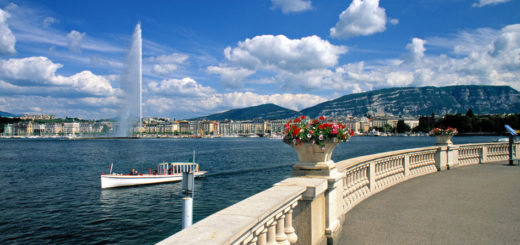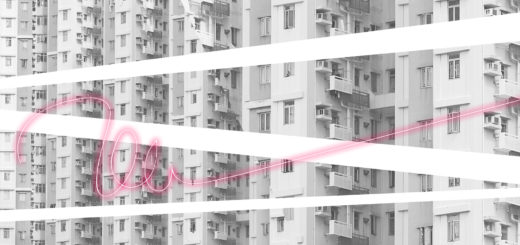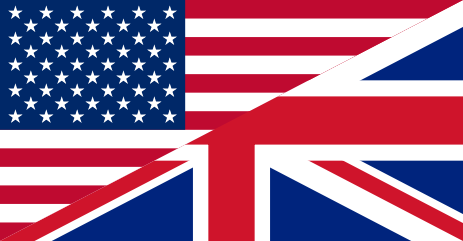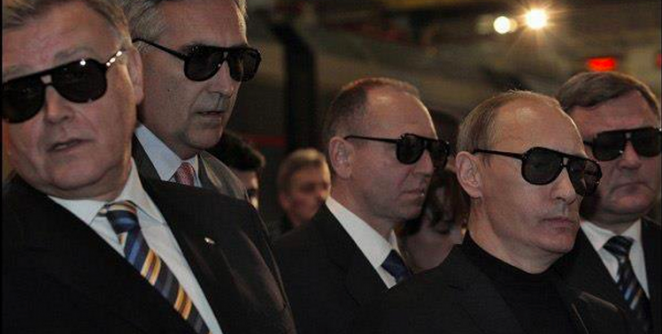«You will be trialled and put in jail». Navalny versus judge Morozova in the Khimki police station
On January 18, the day after Alexei Navalny returned from Germany, a court hearing, unique even for Russia, was held in Khimki near Moscow: right in the police department, Judge Elena Morozova imprisoned the politician for 30 days. Mediazona kept a running commentary of the developments in Khimki, and late in the evening received an audio recording of the meeting and provides its transcript.
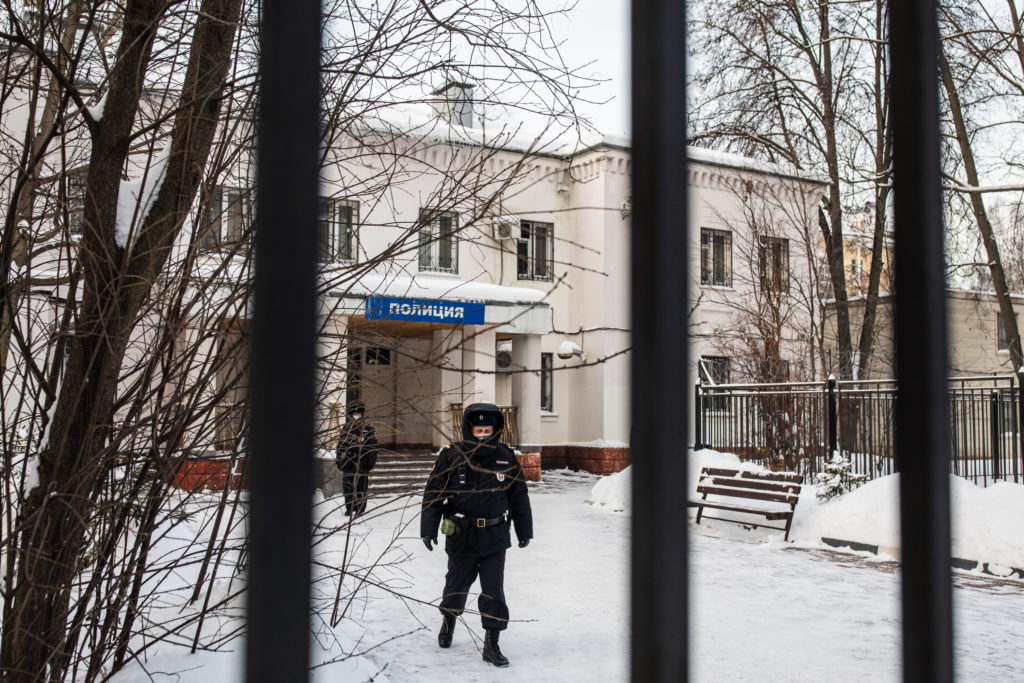
Judge Elena Morozova enters the hall and asks Navalny to introduce himself; he states his data in a tired voice. Morozova reads out his rights and asks if they are understood.
Navalny (starts tired, but then gradually gets peeved). To me … You see, you said some words – I seem to understand them. But, you see, you should assess the situation yourself. It was not in vain that I started the process by saying that you are crazy. You say that I have some rights. You announced an open trial, but you are not letting in a single journalist who…
Judge Morozova. The court asked whether the rights explained by the court are clear to you.
Navalny (raising his voice). Nooo! Let me answer. There is no court here at all! This is some kind of crap, utter nonsense! The fact that you are wearing a robe doesn’t make this a court trial! A trial should take place a hundred meters away in the Khimki court.
You dragged me here, you did not warn anyone, you did not let anyone in here! You call it an open process, but do not let journalists in. You say the entrance is open to the public, but you don’t let anyone in here, this building is guarded. This is not a court at all!
You just told me, half an hour ago: “I am giving you time to communicate in confidence with your lawyers.” There were continuously two policemen with me with goddamn video recorders! Do you understand?! This is completely absurd! You say one thing and something entirely different happens!
Judge Morozova. I ask you not to shout at the hearing. I ask you to observe the rules of the court session.
Navalny. What else can I do?! No one breaks the rules like you do! (Lowering his tone) Okay. Just don’t interrupt me, please listen.
Judge Morozova. You are currently violating the rules of the court session.
Navalny. It is you, Your Honor, the way you violate it … (Shouting again) Please remove me from the courtroom!
Judge Morozova (indifferently, with a slight irritation in her voice). A record will be made in the trial transcript that the rules of the court session were violated in the courtroom… By Navalny.
The judge asks the audience to turn off their mobile phones with video cameras. She repeats the rules again: you must answer the judge while standing and address her as “Honorable Court” or “Your Honor”, remarks are not allowed.
Navalny. Please, let us follow the rules of the court session. The court session is impossible without calling the lawyers – this is not in the case file. The court session is impossible without familiarization with the documents and confidential communication with lawyers – you told me that you are allocating 30 minutes for it. And what confidential communication are we talking about, if two police officers with video recorders sit next to me and my lawyers? Don’t you find this strange? I do personally. What respect for the court do you want from me? This is not a court at all. You are committing a criminal offense and you will be imprisoned with a hundred percent guarantee. You’re a really young woman. Your Putin will die faster than …
Judge Morozova (raising her voice). The court makes a remark …
Navalny. Therefore, you will be trialled, only in a normal court, and you will be put in jail.
Judge Morozova. … once again a remark will be made in the trial protocol.
Navalny. Do what you want, I don’t give a damn about your protocol.
Judge Morozova. Sit down please. Any applications, petitions?
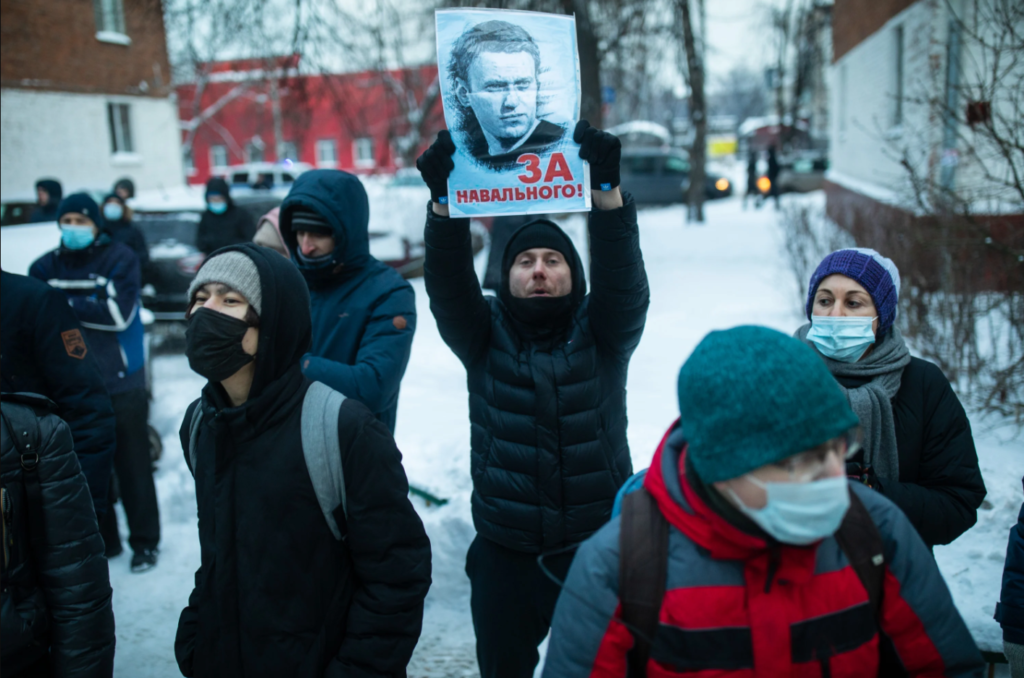
Navalny. I have a motion for the admission of at least two journalists who are here right now. If you look out the window, you will see that there are many journalists. But our respected prosecutor said that we cannot let everyone in here. I petition, demand that the journalists of TV Rain and MediaZona are allowed here. They stand there and cannot physically convey their motions to you, because they are not allowed inside. But if we have a transparent open process, I demand that we take a three-minute break and call at least two media representatives.
Lawyers Olga Mikhailova and Vadim Kobzev support Navalny. Representative for the prosecutor’s office by the name of Koloskova says that a request for media presence has already been announced and considered. The judge immediately refuses it, since “there are accredited video filming companies present at the hearing.”
Lawyer Kobzev, following Navalny, says that he had to talk to his client in the presence of police officers with video recorders; he asks for time to communicate with Navalny face to face. Koloskova insists that “enough time was given.” The judge immediately rejects the defender’s motion.
Lawyer Kobzev. The materials were not presented to us in full: we did not see the court order or any other judicial act saying that the trial will be held at 12:30 today in this field format. Please provide this document.
Lawyer Mikhailova. I second this and would like to draw your attention to the fact that the case files do not contain any resolution on the appointment of a trial.
Representatives of the prosecutor’s office and the Ministry of Internal Affairs object, and the judge immediately rejects the motion of the defense.
Lawyer Kobzev. Yesterday, during a personal search, Navalny’s travel passport was seized from him. A copy of the passport is in the case file. In the detention protocol, the passport is not listed among the items that were seized. We ask you to locate the travel passport and hand it over to Navalny or to us, his defenders.
Navalny. This is a strange situation. Yesterday my passport was taken away at the border. They brought me here, took inventory of my belongings: laces, belt, and so on. And the passport does not appear on the list of confiscated items in the detention report. So, it was stolen, or lost, something was done to it. It must be either part of the case file or the detention protocol. I would like this to be determined. Maybe they didn’t include it by mistake – maybe they forgot about it in the turmoil. This is an important document – in fact, my only identity document in this court.
Representatives of the prosecutor’s office and the Ministry of Internal Affairs are against this, and the judge immediately refuses, “since this issue is beyond the scope of consideration of the submitted material.”
Lawyer Mikhailova asks to allow Navalny’s press secretary, Kira Yarmysh, into the room, but a spokesman for the Interior Ministry believes that “the maximum number of people in this room has already been reached.” The judge immediately refuses, referring to “measures taken to ensure sanitary standards.” Navalny asks to let Ilya Pakhomov and Ruslan Shaveddinov from FBK into the court. The judge refuses immediately.
Navalny. Due to the fact that the court clearly took the side of the prosecution, due to the fact that I was denied the elementary right to defend myself, due to the fact that the media and the public are not allowed to the trial, but there are people who have entered here in an incomprehensible way, who were clearly brought here by the prosecutor, judge or police officers, and due to the fact that there is no document that appointed the trial – it cannot come from nowhere, you cannot just sit down in the kitchen and start trialling someone , someone had to appoint this trial, and then someone had to move it here – in this regard, I declare a challenge to the court.
Lawyer Kobzev believes that Judge Morozova is interested in the outcome of the case, and the field session at the police department is “an unprecedented measure, no one has ever seen such a thing in Russia.” Lawyer Mikahilova adds that Morozova does not have the legal authority to detain a conditionally convicted person, “and this hearing simply cannot take place.” Representatives of the prosecutor’s office and the Ministry of Internal Affairs protest. The judge retires to the deliberation room for 10 minutes, and upon returning, refuses Navalny’s challenge. Hearing on the merits begins. The floor is taken by the representative of the Ministry of Internal Affairs for the city of Khimki Naumova.
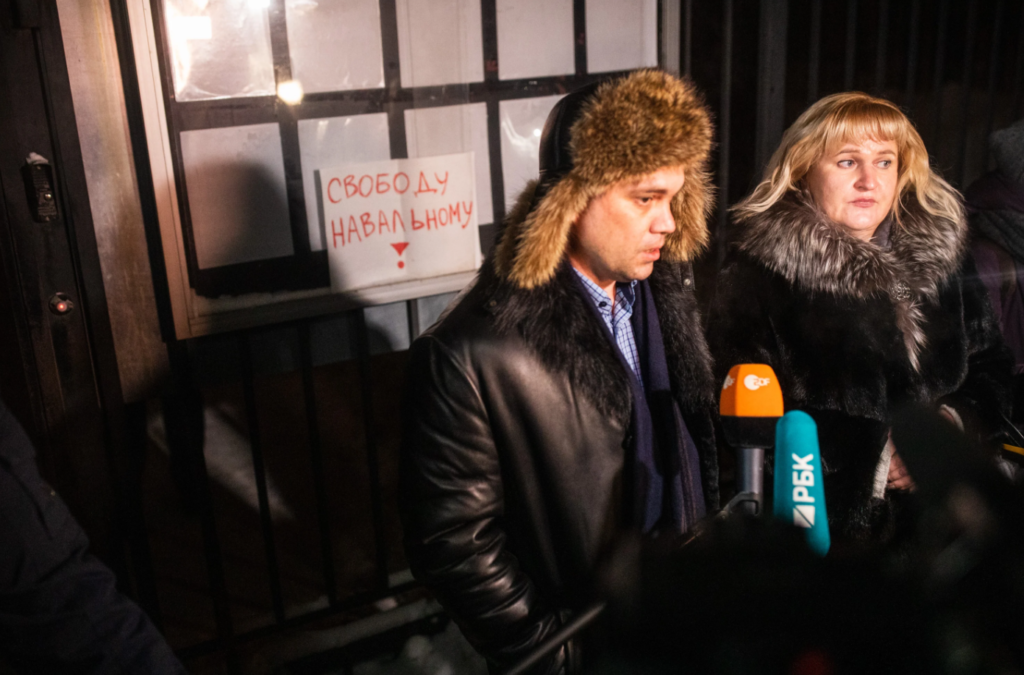
Naumova. Honorable Court, on March 3,.2015, convict Navalny was registered at branch No. 11 of the Federal Penitentiary Service of Russia in the city of Moscow. On March 10, 2015, an explanatory conversation was held with Navalny, the conditions of probation and the obligations imposed on him by the court were explained. He signed an undertaking …
Over a few minutes, Naumova retells the entire complex story of Navalny’s relationship with the FSIN. After the court’s verdict in the “Yves Rocher case”, the politician was obliged to report to the branch of the criminal executive inspectorate twice a month – on the first and third working Monday.
In 2020, Navalny “systematically” did not report to the inspectorate, says Naumova: twice in January 2020, once in February, twice in March, then in July and August.
After the poisoning on August 20, Navalny was taken to Germany for treatment, which the FSIN learned about “from the media.” The service requested information about Navalny in the Omsk hospital, and on October 16, notified him of the need to report to the inspectorate “by a registered letter sent to the place of residence”.
Naumova then shows a certificate from the Berlin clinic “Charité” dated November 11, according to which Navalny was there for treatment from August 22 to September 23. After being discharged from the hospital, he was on outpatient treatment and continued to undergo physiotherapy. After severe poisoning, he needed a long rehabilitation, however, notes Naumova, the documents from “Charité” do not indicate the exact time it took to recover.
The speech of the representative of the Khimki Regional Department of the Ministry of Internal Affairs was drowned out by the shouts “Let him out!” from under the windows of the department.
Naumova. … in order to establish the actual whereabouts of convict Navalny, the inspectorate made exits at the place of residence of the convict. On September 16, 2020 and December 16, 2020, during the visits of employees of his place of residence, the employees found that at the time of the checks, the convict was absent from the place of residence. Thus, from September 24, 2020, the actual whereabouts of convict Navalny were unknown to the Criminal Execution Inspectorate. By the decree of the Federal Penitentiary Service of Russia in Moscow dated December 29, 2020, convict Navalny was put on the wanted list.
On January 17, 2021, the whereabouts of convict Navalny were established. The officers of the Federal Penitentiary Service of Russia in Moscow, together with the officers of the Khimki branch of the Ministry of Internal Affairs of Russia, detained Navalny for up to 48 hours.
Naumova asks the court to detain Navalny for up to 30 days. Judge Morozova lists the documents in the case amid the shouts from the street.
Judge Morozova. Please, Alexey Anatolyevich Navalny, what is your attitude to the presented motion?
Navalny. I simply do not understand, what does the head of the Khimki police department have to do with all this? Can the head of the Khimki police department ask you to marry in his order? Or oblige the court to make a decision that you must marry him? What does the head of the Khimki police department have to do with this?
The trial was appointed, here is the UFSIN. The UFSIN believes that I did not appear somewhere or something, the UFSIN appointed a court trial. I am a probationer. You have a wanted notice in the case file, it is written in black and white, in caps, especially for prosecutors and judges from Khimki, it says: “No preventive measure.” And then the chief of the Khimki Department of Internal Affairs comes and says: “Let’s arrest him!” How can you even make a trial out of this?
The procedure is as follows, it is written in black and white in the law: “The Federal Penitentiary Service may apply to change the suspended sentence to a real term.” So they lodge a motion. The date of the trial is set. If the police think they need to detain me, they can detain me for 48 hours.
How can (chuckles) the head of the Khimki police department even get into this system and petition for my arrest? This is completely ridiculous.
Lawyer Mikhailova says that the head of the department refers to three articles of the Criminal Procedure Code: article 46 on evasion of correctional labor, article 397 on the detention of convicts who have escaped from a fine, correctional labor or restriction of freedom, and article 399 – none of which provides for a 30-day imprisonment of a probationer.
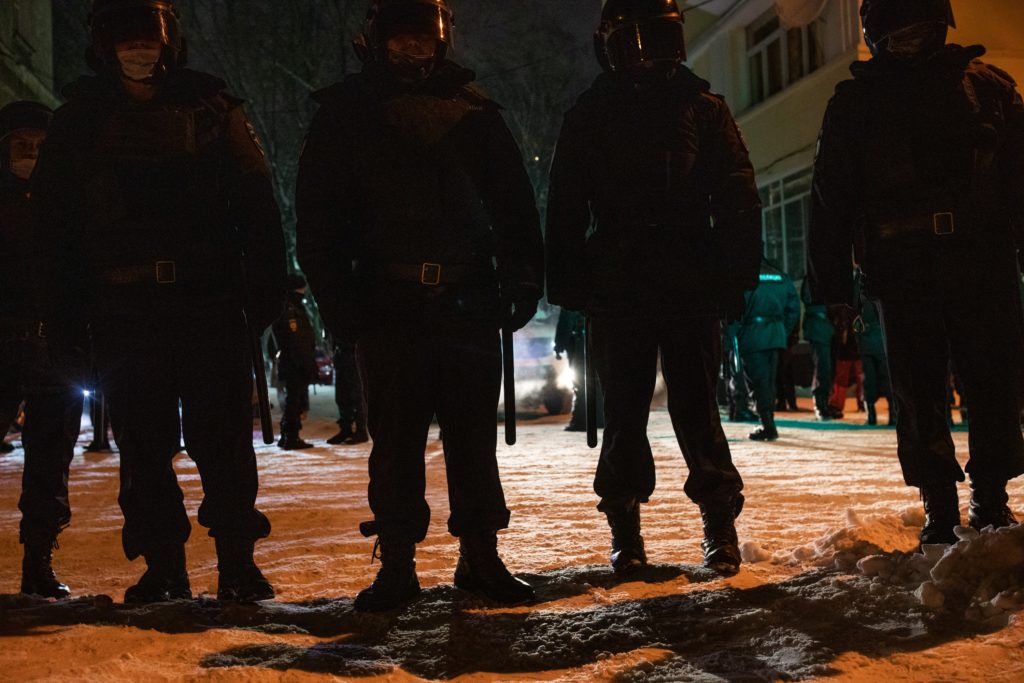
Lawyer Mikhailova. I also wanted to draw the attention of the court to the following. First, Navalny was not hiding. He notified the Penitentiary Inspectorate that he was undergoing treatment in Germany, a medical certificate from Charité was provided, and, as far as I understand, it is in the case file …
Lawyer Kobzev. It’s not there. We have a link to this notice in the submission itself.
Lawyer Mikhailova. Unfortunately, in this court session there is no FSIN representative who could explain it to us. And I think that this, of course, is wrong – it was necessary to invite the representative of the Federal Penitentiary Service to this trial.
The FSIN was notified of Navalny’s whereabouts and that he is undergoing outpatient treatment after being discharged from the hospital, and is being monitored by Charité doctors. These documents are available in the materials submitted to the Simonovsky Court, where the trial is scheduled for January 29. Considering that the issue of changing the suspended sentence to a real one will be considered on January 29, this trial, again, is outside the scope of the current judicial legislation.
We have a certificate received from Charité just a few days ago. Unfortunately, since the court session is being held urgently, we did not have time to translate this certificate into Russian. It is dated January 15, I ask you to attach the certificate to the case file. It follows from it that Navalny was treated at the Charité, then he underwent a rehabilitation course, and this course ended on January 15th.
Mikhailova mentions that Navalny was interviewed in Germany at the request of Russia as part of an agreement on legal assistance. The request indicated Navalny’s address in Germany, meaning that the Russian authorities knew where to look for him. On January 20, the politician has a magistrate court in the libel case; the court sent a summons to him to his German address. The Simonovsky District Court of Moscow also sent a summons to Navalny at this address.
After Mikhailova finishes, the judge lists the documents and petitions and asks if everyone agrees with the submission of the certificate in German. The representative of the prosecutor’s office objects, since “the proceedings in the Russian Federation are conducted in Russian”, and the judge rejects the submission.
Lawyer Kobzev. I support the position of Alexey Anatolyevich and my colleague. I also believe that the motion of the head of the Ministry of Internal Affairs cannot be granted, since, as already mentioned, Navalny did not appear at the inspectorate from the moment of his poisoning until yesterday, when he arrived. And he didn’t show up for a good reason. Since he had a good reason for that, there is no reason to replace his suspended sentence with a real one. Since all state bodies knew perfectly well about Navalny’s place of residence in Germany… It is possible to declare a person wanted only if the person’s whereabouts have not been established. In this case, the location was known. If the location is established, but there is no way to ensure that any actions with the person are carried out, then this is not a basis for putting him on the wanted list. That is why Navalny specially wrote statements to the magistrate’s court and to the inspectorate, where he indicated his address in Berlin. Thus, he was declared wanted illegally.
Kobzev reminds of the explanation of the Supreme Court that it is possible to consider the issue of replacing the suspended sentence with a real one if the violations were committed before the expiration of the probationary period, or if the convicted person was ruled to be in hiding. However, Navalny did not appear at the inspection for a good reason, and did not commit any violations.
After Kobzev’s speech, representative of the prosecutor’s office Koloskova gets up and asks to grant the motion to extend Navalny’s detention.
The judge retires to the deliberation room amid shouts from the street. She promises that she will return in 15 minutes, but returns only an hour later and reads out her decision: Navalny’s detention has been extended to 30 days.
Alexander Borodikhin, Maxim Litavrin, Anna Istomina
Editor: Dmitry Tkachev
MediaZona
